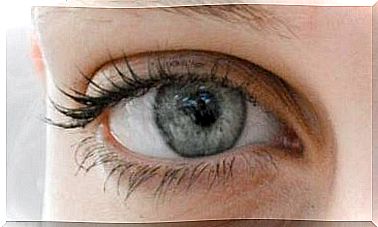How To Take A Vitamin D Supplement
People who have to spend most of the day indoors for work or other reasons may be deficient in vitamin D. That is why they need a supplement.

Vitamin D fulfills up to sixty different functions in our body. It not only serves to fix calcium in the bones, but also to keep the immune system in good condition.
A sufficient contribution prevents allergies, flu, autoimmune diseases, cancer, etc. Deficiency is also associated with insomnia, poor concentration, apathy, migraines, chronic pain, and fibromyalgia.
How much vitamin D do you need?
To determine blood values, the concentration of a metabolite, 25-hydroxy-vitamin D (calcidiol), is looked at. According to research, optimal levels of this metabolite should be between 40-70 ng / ml. There are many people, even in our sunny country, who do not reach them.
To enjoy all the vitamin D that is needed, it is necessary to synthesize around 15,000 IU in the skin, exposing it to the sun’s rays daily without protection for 20 to 60 minutes depending on the time of day, the season of the year, the latitude in the one we live, the type of skin and the surface of the body exposed.
The dose can be completed with foods containing vitamin D and, if necessary, with a supplement.
What is the recommended dose for a vitamin D supplement?
A 70-80 kg adult can take a supplement of up to 5,000 IU per day to reach the optimal level of 40-70ng / mL in blood.
There are still those who supplement with 800 IU a day for fear of a supposed toxicity above that dose. In most cases it is totally insufficient. It has been seen that up to 10,000 IU a day can be supplemented in people with a high deficiency of this vitamin without risk of toxicity.
The most physiological way to take a vitamin D supplement is daily in the morning, which is when the body is best prepared to synthesize and use the vitamin. One of the reasons why we do it this way is that in the intestine we have Peyer’s patches, which are part of the immune system and receive vitamin D from food – or from supplements – to perform their functions.
Taking it with a little oil or during a main meal is important, since vitamin D is fat-soluble, that is, it dissolves in fat; Only in this way can correct absorption be guaranteed at the intestinal level.
It is advisable to have blood tests every 3 months to correctly monitor the effect of supplementation.









